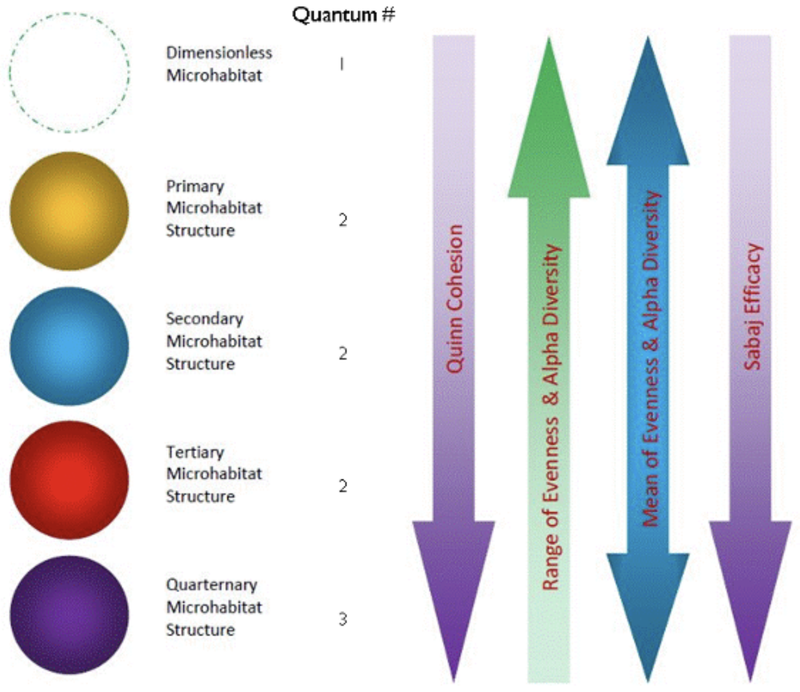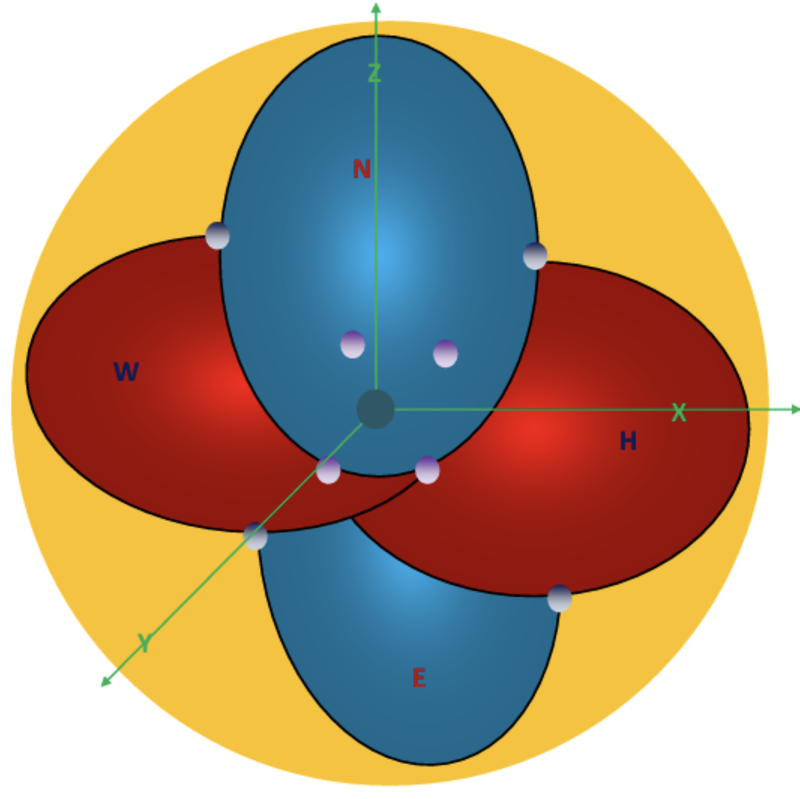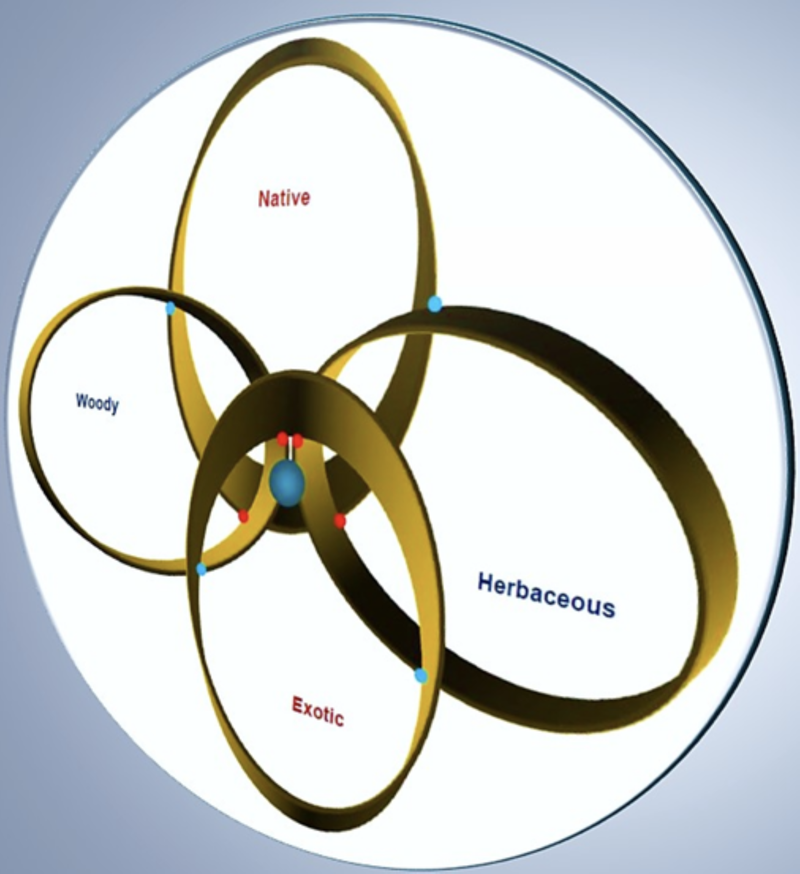Ecospheric Medicine for Mankind
Edwin James (1797 - 1861) was a scholar, explorer, botanist, geologist, linguist, artist, author, medical practitioner, and tireless advocate for Native and African Americans. His selfless devotion to mankind and the ecosphere serves as the inspiration fueling our desire to engage in the practice of ecospheric medicine.
The EJO achieves its objectives through education, research, advocacy and lobbying.
Programs
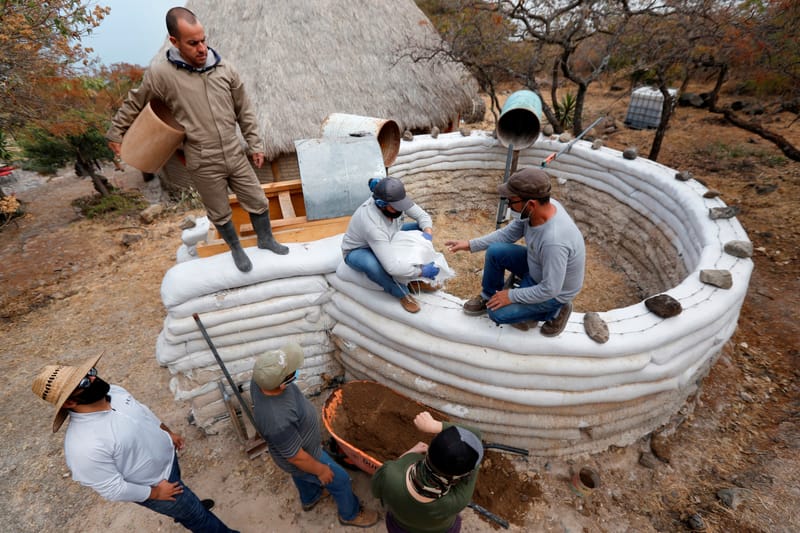
Earth Builder Bill of Rights
The EJO advocates for a "home owner-builder bill of rights" to be adopted by regulatory authorities across the globe. We believe homes of less than 600 sq ft, constructed of earthen materials, should be allowed absent customary building permits/approvals. This approach enables construction of sustainable housing absent financial and regulatory obstacles.
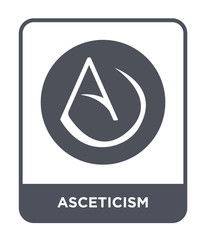
Minimalist Education
The EJO offers education and training to individuals and groups for the implementation of minimalism/asceticism into the daily lives of people from all walks of life. Our objective is to assist you and others in identifying means by which to unburden your lives of the material attachments undermining your ability to achieve real and enduring freedom, liberty, and humanity. Our approaches do not necessarily require an abandonment of your lifestyle, but rather guide you toward a way of living that is in tune with your true identity and your environment.

Wilderness Protection
The EJO advocates for the protection of wildlands and waterways. We have worked with local, state and national governments, NGOs, and citizen groups to achieve remarkable results for the preservation these resources. From rivers to reserves, parks to preserves, state to national forests, and beyond- the EJO has put it all on the line to ensure that short term economic interests do not take precedence over our pristine wilderness tracts.
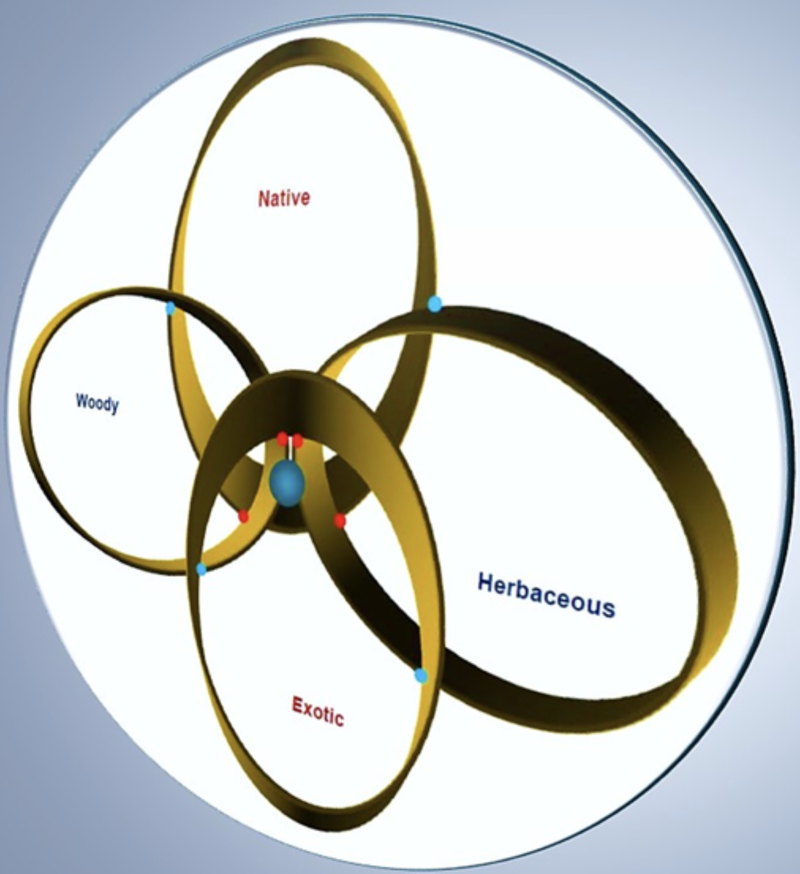
Research & Development
The EJO has developed highly efficacious and quantitative approaches for the measurement and assessment of community dynamics and species interactions involving vegetative communities. Our research program rests upon a novel relationship we elucidated wherein biodiversity is simultaneously dependent and independent of vegetative community structure. From this observation we have developed a series of ecometrics for the quantification of vegetative community structure/dynamics and habitat quality. Our publications are available on the articles page of our website.
Leadership
Vashava Sabaj, DEM
Founder & Senior Partner
Vashava Sabaj, DEM founded the original Edwin James entity in 2007. His works involving an experimental doctoral degree in ecospheric medicine have served to establish the initiatives launched by the EJO. Dr. Sabaj became the first person to have earned a doctoral degree in the emergent discipline of ecospheric medicine. His works involving Jain mysticism and music are also part of EJO's programming.
Lee Gibson, PhD
Senior Partner
Lee Gibson, PhD holds a Doctorate of Theology, and he has specialized in the study of Southeast Asian and Indian religious traditions. Dr. Gibson's depth of knowledge and experience in these religious traditions has been especially valuable in guiding the development and implementation of EJO's minimalist/ascetic educational programming.
Mark Kaeder
Producer & Engineer
Mark Kaeder, of Falcon Studios, has been the mastermind behind the deeply spiritual production of Vashava Sabaj's performances on traditional flutes. Through Mr. Kaeder's skillful guidance, Vashava adapted and thrived in the studio setting. Over the years, Sabaj and Kaeder captured the very essence of the Jain asceticism and mysticism that drives the creativity behind Vashava's music.
Rick Garnett, Esq.
Of Counsel
Rick Garnett is a gifted general practice attorney with decades experience in contractual, copyright, and intellectual property law. Rick has provided the EJO with invaluable service and advice since our inception, in 2007. Rick's ability to negotiate with some of the most contentious of parties has enabled the EJO to not only preserve its integrity, but to succeed where so many others have fallen short.
Eclipse Snowpark
The EJO uncovered evidence of corruption involving the proposed Eclipse Snowpark in central Colorado, and succeeded in forever shuttering a venue that would have degraded the Edwin James Wilderness Area.
Pinion Canyon Maneuver Site
The EJO brokered an agreement between the US Congress and the US Department of Defense terminating a proposal to seize hundreds of millions of acres of natural lands for the expansion of the US Army's Pinion Canyon Maneuver Site.
Quantum Microbiogeography
The EJO published two treatises defining the concepts of quantum microbiogeography. This pioneering research resulted in efficacious approaches for quantifying and modelling the status of vegetative communities.
Research Accolades
The EJO presented its research for quantum microbiogeography at conferences sponsored by the Society for Ecological Restoration and the International Society for Ecological Modelling, and two online symposia sponsored by the Society for Ecological Restoration.
Environmental Engineering
The EJO lobbied for and secured changes to local and state codes for the installation of environmentally sound alternative ISDS and water infrastructure in the State of Colorado.
Alternative Living
The EJO developed and implemented minimalist lifestyle paradigms at experimental residential structures constructed in Arizona and Colorado. Our alternative residential system reduced human footprints by more than 90%.
Articles
A Primer for Quantum & Classical Mechanics of the Ecosphere
The primer provides a comprehensive overview of the concepts defining quantum and classical mechanics of the ecosphere, including several proof of concept models.
The Theory of Quantum Microbiogeography: Mechanisms of the Priority Site Determination
The treatise on quantum microbiogeography was applied to derive a highly efficacious and quantitative ecometric defined as the Priority Site Determination (PSD). The PSD maximizes quantification of vegetative communities and individual species, while identifying a subset of study sites required for quantification, thereby reducing sampling effort.
Quantum & Classical Mechanics of the Vegetative Complex Health Index
The Vegetative Complex Health Index (VCHI) was derived from the quantum and classical mechanical relationships revealed in the relationships between vegetative communities and biodiversity. The VCHI is a quantitative, objective and sensitive composite index by which to assess the health and recovery of riparian ecosystems.
